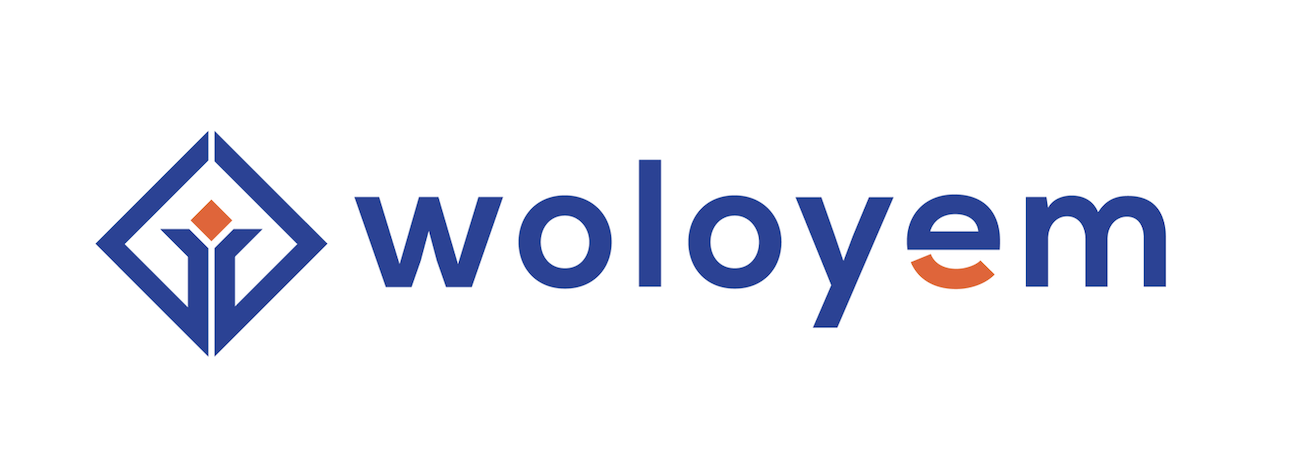Project Audits: The What, Why, and How
Oct 2
/
Essowe Abalo
A project audit offers an objective and systematic review of ongoing and completed projects. This meticulous examination aids in evaluating the direction, team functionality, and success rate of a project. In this article, we'll break down the benefits of conducting regular project audits and what they should entail. Additionally, we'll introduce some professional certifications that can enhance one's proficiency in project audits.
What is a Project Audit?
A project audit is a comprehensive evaluation of various facets of a project to gauge its health and alignment with the defined objectives. It spans over areas such as performance, governance, compliance, and stakeholder engagement. Essentially, it's a diagnostic tool, aiming to identify strengths, weaknesses, and areas for improvement.
Why Conduct a Project Audit?
Quality Assurance
Audits assure that the project maintains its stipulated quality standards. This boosts the quality of the final output and garners stakeholder confidence.
Cost Management
Regular audits can pinpoint financial inefficiencies. This early detection can lead to substantial cost savings by ensuring that resources are used effectively and the project remains within budget.
Risk Assessment
Potential risks that might have been missed during initial planning stages can be unearthed during an audit. By addressing these risks promptly, major future issues can be averted.
Transparent Communication
Audits act as a communication bridge, offering stakeholders a clear picture of the project's progress and the assurance that it's on the right track.
Continuous Improvement
Audit findings can be a goldmine of learning, guiding teams on what needs alteration or enhancement, ensuring future projects are even more refined.
How to Conduct a Project Au
Determine the Scope
Start by outlining the areas that the audit will cover and its primary objectives. This sets a clear path for the entire auditing process.
Gather Data
Amass relevant data from sources like project documentation, progress reports, and team feedback. Comprehensive data ensures an in-depth audit.
Analyse the Data
Review the gathered data methodically to identify trends, inconsistencies, and areas of concern.
Report the Findings
Draft a cohesive report detailing the audit's discoveries. This report should be actionable, prioritising crucial areas of focus.
Offer Recommendations
Suggest solutions and improvements based on the findings to enhance the project's direction and outcomes.
Stakeholder Review
Engage key stakeholders by presenting the audit findings and recommendations to them. Their feedback can be invaluable.
Implement Changes
After achieving a consensus, integrate the recommended changes and ensure regular monitoring to gauge their effectiveness.
Professional Certifications for Project Audits
Pursuing professional certifications can considerably elevate one's capability in conducting project audits. Here are a few recognised ones:
PMP (Project Management Professional) - Offered by PMI, this is a globally recognised certification for project managers and covers areas including project audits.
Certified Internal Auditor (CIA) - Focused on internal auditing, this certification by the Institute of Internal Auditors is globally recognised.
Certified Information Systems Auditor (CISA) - Aimed at audit control, assurance, and security professionals, this certification is offered by ISACA.
PRINCE2 (Projects IN Controlled Environments) - A process-driven project management method offering certification, it covers the intricacies of project audits.
Certified Project Manager (IAPM) - A certification focusing on different areas of project management, including audits.
Conclusion
Regular project audits are paramount for the consistent success and improvement of projects. When paired with the knowledge from professional certifications, the auditing process becomes even more robust, driving projects towards their envisioned success.
Latest from our blog

At Woloyem, we will help you with your Project or Certifications from Start-to-Finish
Featured links
-
Home
-
Courses
-
Terms & Conditions
-
About us
-
Cookie Policy
-
Affiliate Program
-
Free 60 Questions
-
60 Questions Gratuites
-
12 Weeks
Roadmap -
Calendrier de 12 Semaines
-
Masterclass in
English -
Masterclass en Francais
-
PMP in English
-
PMP en Francais
-
PRINCE2 in English
-
PRINCE2 en Francais
-
ITIL4 in English
-
ITIL4 in French
-
Recruitement
-
Contact
-
Testimonials
-
Blog
Les logos PMI®, PMP®, PgMP®, PfMP®, CAPM®, PRINCE2®, ITIL®, Network et PeopleCert® Authorised Training Organisation sont des marques déposées respectivement du Project Management Institute, de PeopleCert, d'AXELOS et de GamingWorks.
Droits d'auteur © 2026
